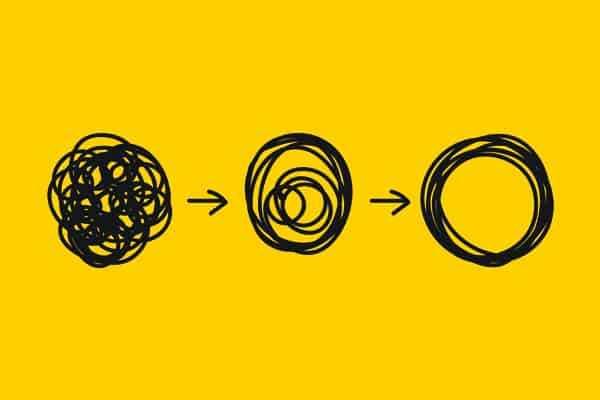The Key Mental Habit of Simplicity : zen habits
Curated from: zenhabits.net
Ideas, facts & insights covering these topics:
3 ideas
·4.22K reads
17
1
Explore the World's Best Ideas
Join today and uncover 100+ curated journeys from 50+ topics. Unlock access to our mobile app with extensive features.
Simplicity And Our Mental Habits
Simplifying life isn’t about following certain steps but is in the entire mindset of the person. Our mental habits are what creates the initial complexity, which needs to be eventually simplified.
We need to look at the root cause, and it is desire. The tendency of the mind to want more and more (to be happy), and yet want less at the same time (to be at peace). The resulting conflict and polarity are what creates the problem.
218
1.65K reads
The Desire For More And Less
The feeling of having something is temporary, lasting just a day or two. What we really want in life isn’t acquired and we still feel uncertain and in deep insecurities.
Our belongings become mere toys that soothe us for a short while and then provide us with stress, uncertainty and anxiety while turning into clutter.
194
1.27K reads
Changing Our Mental Habits
We need to become super aware of our thoughts to be able to tinker with them. We can see what the harmful effects could be and stop believing or acting out those thoughts. We can make a humble effort to change them if possible.
Example: If we desire something, while clicking on the ‘order’ button on our phones, we can ask ourselves what we will get if we buy it, challenging our assumptions and beliefs while also looking at the harm it can do to us.
191
1.29K reads
IDEAS CURATED BY
Karl Murphy's ideas are part of this journey:
Learn more about artsandculture with this collection
Techniques for brainstorming and generating new ideas
The power of collaboration and feedback in the creative process
How to recognize and overcome limiting beliefs
Related collections
Similar ideas
Read & Learn
20x Faster
without
deepstash
with
deepstash
with
deepstash
Personalized microlearning
—
100+ Learning Journeys
—
Access to 200,000+ ideas
—
Access to the mobile app
—
Unlimited idea saving
—
—
Unlimited history
—
—
Unlimited listening to ideas
—
—
Downloading & offline access
—
—
Supercharge your mind with one idea per day
Enter your email and spend 1 minute every day to learn something new.
I agree to receive email updates

